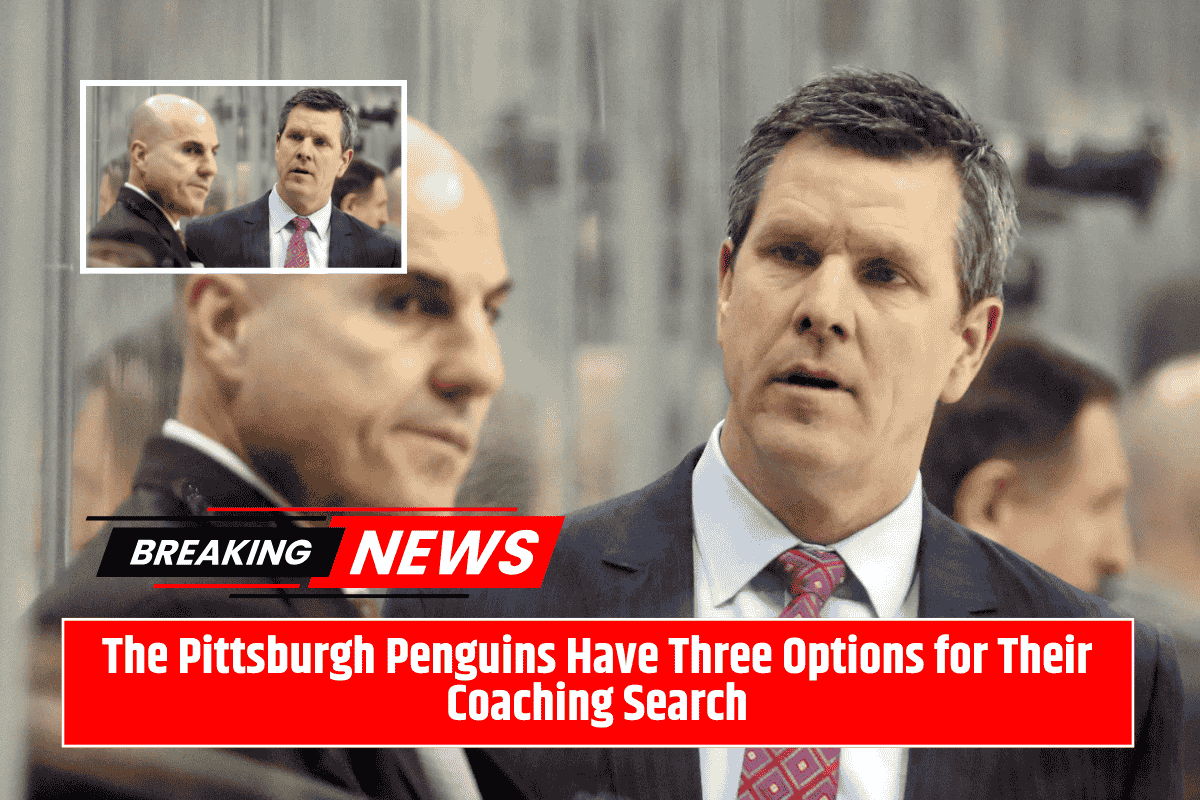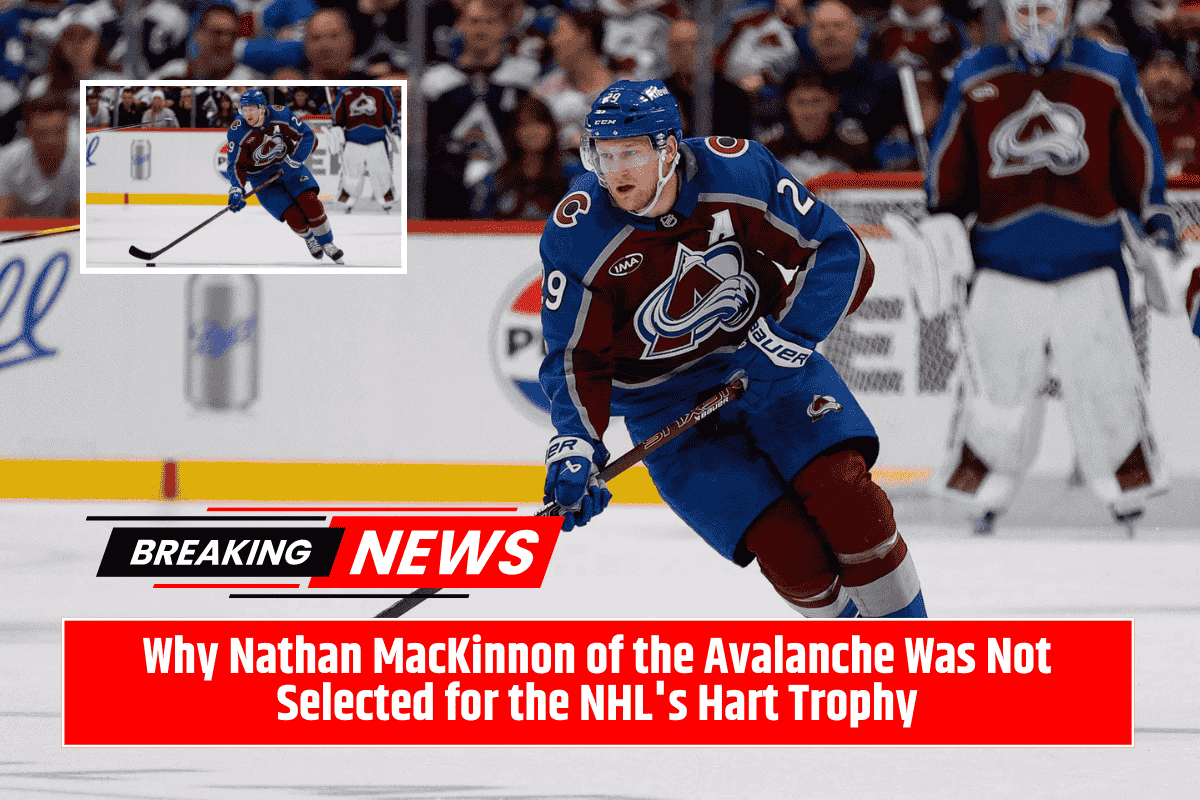The Pittsburgh Penguins made waves this week by parting ways with head coach Mike Sullivan, opening one of the NHL’s most intriguing coaching vacancies. With Sidney Crosby still leading the way and general manager Kyle Dubas guiding a transitional period for the franchise, the coaching hire will be a defining decision for the team’s future direction.
Dubas now faces three possible strategic paths: reloading for contention, bridging the current team to its next core, or committing to full development mode. Each direction suggests a different kind of coach. Let’s take a look at the three potential paths for the Penguins—and the coaching candidates who could fit each one.
Path 1: Push Back Into Playoff Contention Now
Dubas made it clear—a full rebuild isn’t the plan. At his season-ending press conference, he bluntly dismissed the idea of waiting years to be competitive. If the Penguins choose this road, they’ll likely turn to a proven NHL coach with a demanding style and a strong resume.
Top Candidates for Immediate Contention:
Rick Tocchet – Recently parted ways with the Vancouver Canucks, Tocchet is a respected former player and coach who already has ties to Crosby and Pittsburgh from his previous time with the team. He could provide structure and push veterans to a higher level.
John Tortorella – One of the most well-known coaching figures in the NHL, Tortorella’s tough-love approach might suit a Penguins team that needs a jolt. He was fired by the Flyers, but his experience and intensity are hard to ignore.
Peter Laviolette – Fired by the New York Rangers, Laviolette has coached over 1,400 NHL games and won a Stanley Cup in 2006. His strategic flexibility and history with playoff teams would be ideal for a quick turnaround.
Path 2: Maintain Competitiveness While Transitioning
If Dubas aims for a balanced approach—staying competitive while slowly turning over the roster, he may look to hire a coach with NHL experience but who’s still growing in the role, much like Sullivan when he first took the Penguins job.
Top Transitional Candidates:
Lane Lambert – Currently Toronto’s associate coach, Lambert has head coaching experience with the Islanders and is respected for his special teams expertise. With Dubas’ Leafs connections, Lambert is a natural fit for consideration.
Mitch Love – Washington Capitals assistant and two-time AHL Coach of the Year with the Calgary Wranglers, Love is one of the most talked-about up-and-comers. He’s known for his ability to communicate with players and adapt to various roles.
Jeff Daniels – A longtime Hurricanes assistant and former AHL coach, Daniels has been part of Carolina’s consistent system and won a Cup as an assistant in 2006. His leadership style could be key for a team in transition.
Path 3: Focus on Youth and Long-Term Development
If Dubas believes Pittsburgh needs to prioritize developing prospects and building a new core, he may choose a coach with a background in youth development and teaching. This path means short-term patience but long-term gain.
Top Development-Focused Candidates:
David Carle – The University of Denver head coach is widely respected for his work with young players and high-end prospects. NHL teams have taken notice, and he may be ready to make the jump if the fit is right.
Jay Leach – Currently with the Boston Bruins, Leach has worked within the Penguins system before and brings a blend of NHL and AHL coaching. His ability to work with both veterans and young players could bridge generations.
Brad Shaw – Served as interim head coach in Philadelphia and has a long coaching resume. Shaw is respected as a teacher of the game and could guide Pittsburgh’s younger players if the organization commits to a slower rebuild.
The Penguins’ next coach will shape the team’s direction for years to come. Whether Dubas wants to reload for one more Cup run with Crosby, stabilize the team while transitioning, or start planting the seeds for the future, each coaching path has strong candidates available.
The only certainty? This decision will be closely watched across the hockey world—not just for the team’s future, but for the legacy of Sidney Crosby’s final NHL years.








